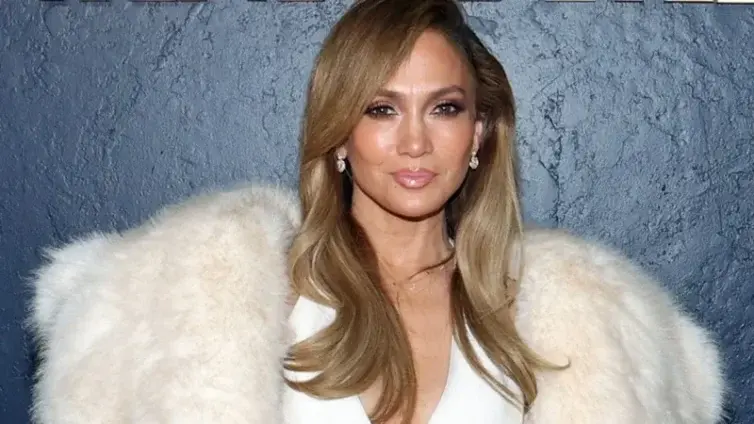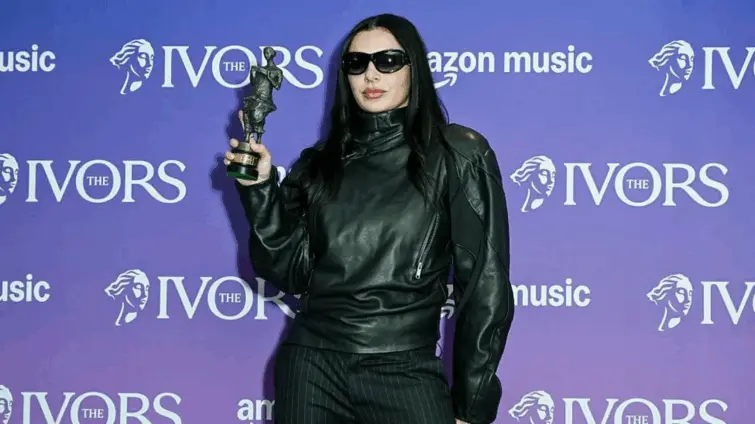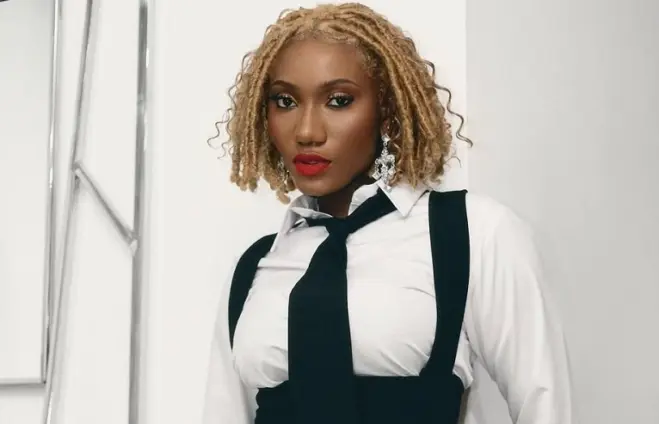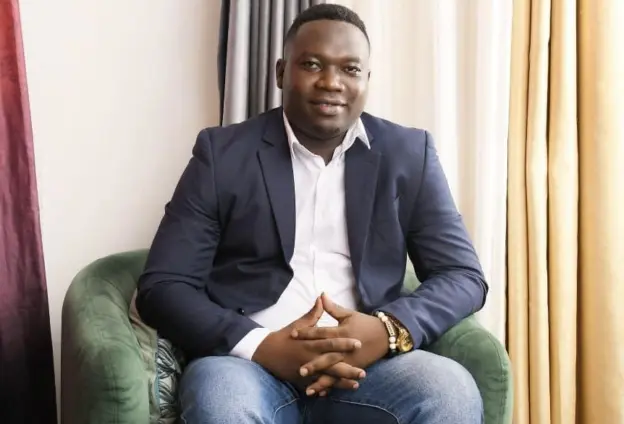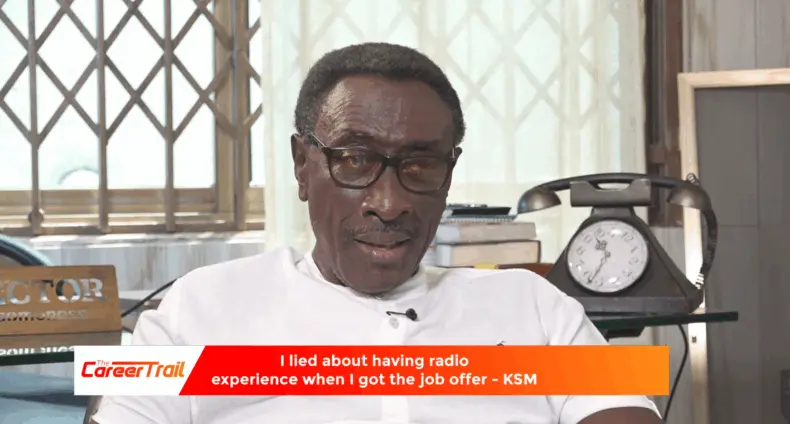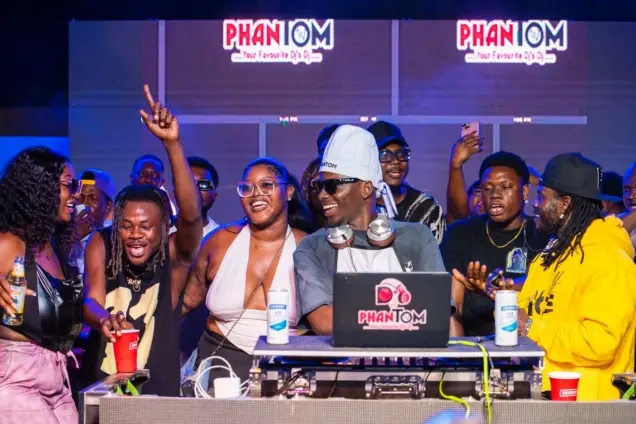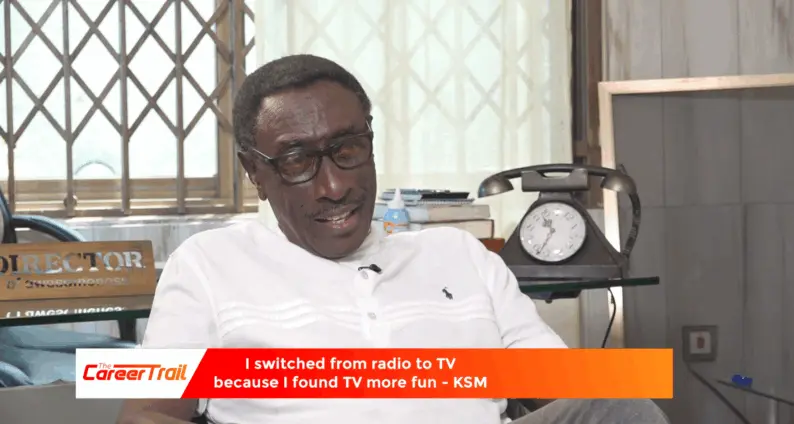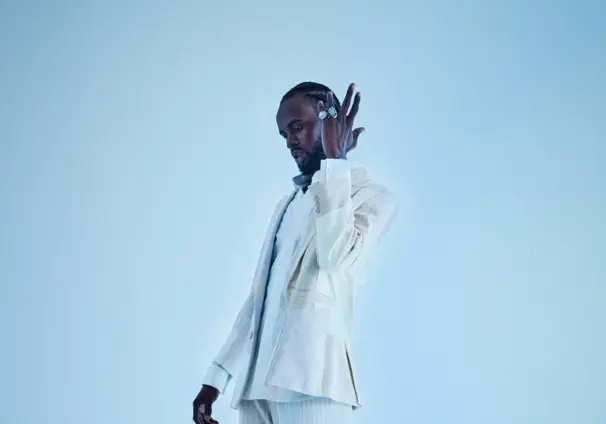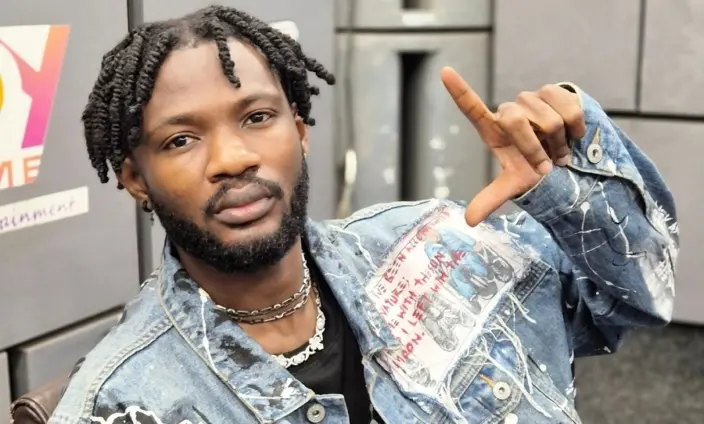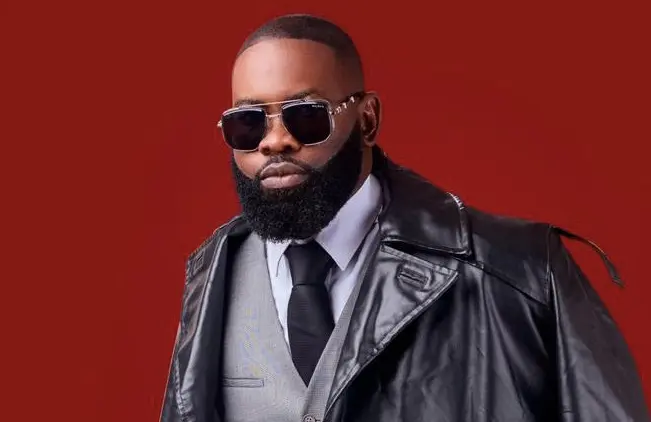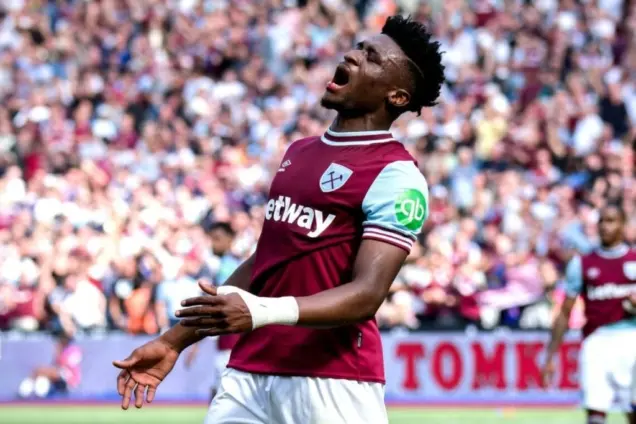The flashbulbs popped, champagne flowed, and Jennifer Lopez, radiant as ever, posed for photographers at the Amazon MGM Studios and Vanity Fair party just before the Golden Globes. But now, those images have landed her in hot water. In a surprising turn of events, Jennifer Lopez is facing a lawsuit over photos of herself that she posted on her own social media accounts. The seemingly innocuous act of sharing pictures from a glamorous Hollywood event has sparked a legal battle, highlighting the complex intersection of copyright law and celebrity image rights.
The Jennifer Lopez lawsuit over photos underscores a growing trend: celebrities often find themselves entangled in copyright disputes for sharing images where they are the subject, but not the owner, of the copyright. It’s a precarious situation, raising questions about who truly controls a celebrity’s image in the digital age.
Understanding the Jennifer Lopez Photo Lawsuit
The legal storm brewing around Lopez stems from lawsuits filed by photographer Edwin Blanco and the Backgrid agency. At the heart of the matter is the claim that Lopez did not have the necessary permission to post the photos in question. These images, capturing her “GG Weekend Glamour,” were shared on her popular Instagram and X (formerly Twitter) accounts, reaching millions of her followers.
According to the lawsuits, these photos were not simply personal snapshots. Backgrid and Blanco allege that the images were strategically used to promote Lopez’s various appearances and branded content, thereby increasing user engagement, boosting shareability, and enhancing credibility for her commercial ventures. The legal documents assert that such unauthorized use constitutes a violation of copyright law.
“Ms Lopez’s unauthorised use of the Images is commercial in nature, intended for the purpose of self-promotion.”
Backgrid and Blanco are seeking substantial damages, reportedly up to $150,000 per photo, arguing that Lopez’s actions infringed upon their exclusive rights as the copyright holders.
Copyright Law and Celebrity Photos
The core principle at play in the Jennifer Lopez lawsuit is that the photographer, or their employer (typically an agency), owns the copyright to an image, not the subject. This means that the photographer has the exclusive right to decide who can use the photo, and how much they must pay for that privilege.
Imagine a scenario: you hire a photographer to take family portraits. You, as the subject, own the physical prints (if you get them) and the right to display them privately. However, the photographer retains the copyright. They can license the images to a stock photo agency or include them in their portfolio, unless you have a specific agreement stating otherwise. This same principle applies to celebrity photos, often with far more lucrative implications.
Following the posting of the photos, Backgrid and Blanco reportedly contacted Lopez’s representatives. According to a BBC News report, which sought comments from JLo’s representatives but received no immediate response, the two parties allegedly reached a preliminary agreement regarding usage fees and payment. However, the agreement has yet to be formally signed, leaving the dispute unresolved and ultimately leading to the lawsuit.
Similar Cases and Celebrity Copyright Issues
This isn’t the first time Jennifer Lopez has faced legal challenges related to copyright infringement. She was previously sued in both 2019 and 2020 for sharing photos taken by others on her social media accounts. These past incidents illustrate that this is not an isolated occurrence but rather a recurring issue for the actress and singer.
Lopez is far from alone in facing such claims. Celebrities like Dua Lipa, Gigi Hadid, and Khloe Kardashian have also been embroiled in similar copyright disputes over unauthorized use of paparazzi photos. These cases highlight a common challenge in the celebrity world: balancing the desire to connect with fans through social media with the legal rights of photographers and agencies.
In conclusion, the Jennifer Lopez lawsuit over photos encapsulates a complex legal landscape where copyright law collides with the realities of social media and celebrity image rights. It underscores the delicate balance between a celebrity’s desire to control their public image and the rights of those who capture it. This case serves as a reminder of the intricacies of copyright in the digital age, prompting a broader conversation about the ownership and usage of images in the ever-evolving world of social media.
Image Source: MYJOYONLINE

